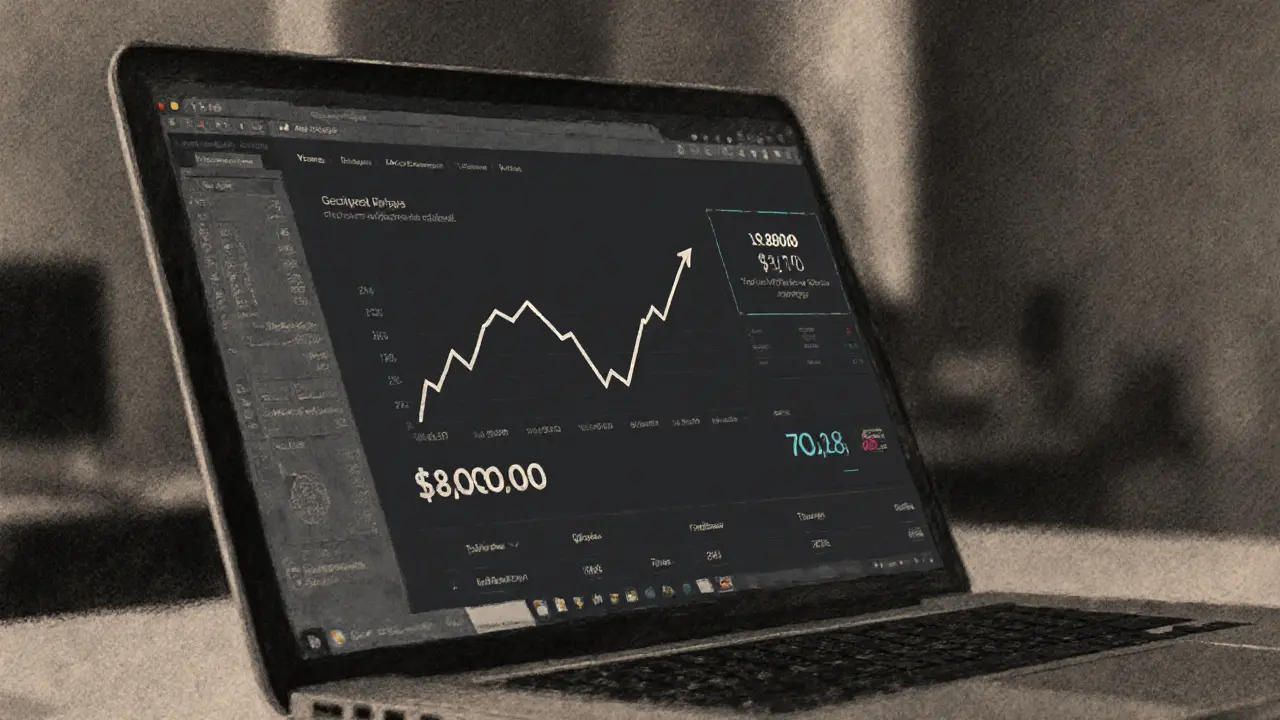Learn what Alibaba Tokenized Stock (BABAon) is, how it works, buying steps, risks, and its outlook in the crypto and equity markets.
Alibaba Tokenized Stock Explained
When talking about Alibaba tokenized stock, a digital representation of Alibaba Group shares on a blockchain, enabling fractional ownership and 24/7 trading. Also known as Alibaba token share, it blends traditional equity with crypto flexibility. This fusion is part of the broader trend of tokenized stock, any public company share that has been converted into a blockchain token, allowing investors to buy, sell, and hold shares without a broker.
Why Tokenization Matters for Alibaba and Investors
Tokenization relies on blockchain, a decentralized ledger that records every transaction transparently and securely. By anchoring Alibaba shares on a blockchain, you get instant settlement, lower fees, and the ability to trade across global markets any time of day. The process also opens doors for smaller investors who might not afford a full share of a high‑priced stock. In practice, a token can represent as little as 0.001 of a share, turning a $200‑plus asset into a few dollars of exposure.
From a regulatory angle, tokenized stocks like Alibaba’s still need to adhere to securities laws, which means reputable platforms often partner with licensed custodians. This partnership ensures that each token is backed 1:1 by actual shares held in escrow, protecting holders from counterfeit tokens. Meanwhile, the crypto community gains a familiar asset class, making it easier to integrate traditional finance concepts into DeFi protocols.
Investors should keep an eye on three core attributes: liquidity, compliance, and price tracking. Liquidity depends on how many exchanges list the token and the depth of their order books. Compliance is about whether the token provider follows local securities regulations, which can affect where you can legally trade. Price tracking comes from oracles that pull real‑world share prices into the blockchain, ensuring the token’s value mirrors Alibaba’s market price.
Because tokenized stocks bridge two worlds, they also inherit risks from each. On the crypto side, you face smart‑contract bugs, network congestion, and potential hacks. On the stock side, you still deal with market volatility, corporate actions like splits or dividends, and the need for proper tax reporting. Understanding both sides is key to using Alibaba tokenized stock effectively.
Below you’ll find a curated list of articles that dive deeper into these topics. Whether you’re curious about how tokenized equities work, looking for the best platforms to trade Alibaba tokens, or want to compare the performance of crypto‑based stocks against their traditional counterparts, the collection covers the full spectrum. Let’s explore the insights and practical tips that will help you navigate this emerging market.

